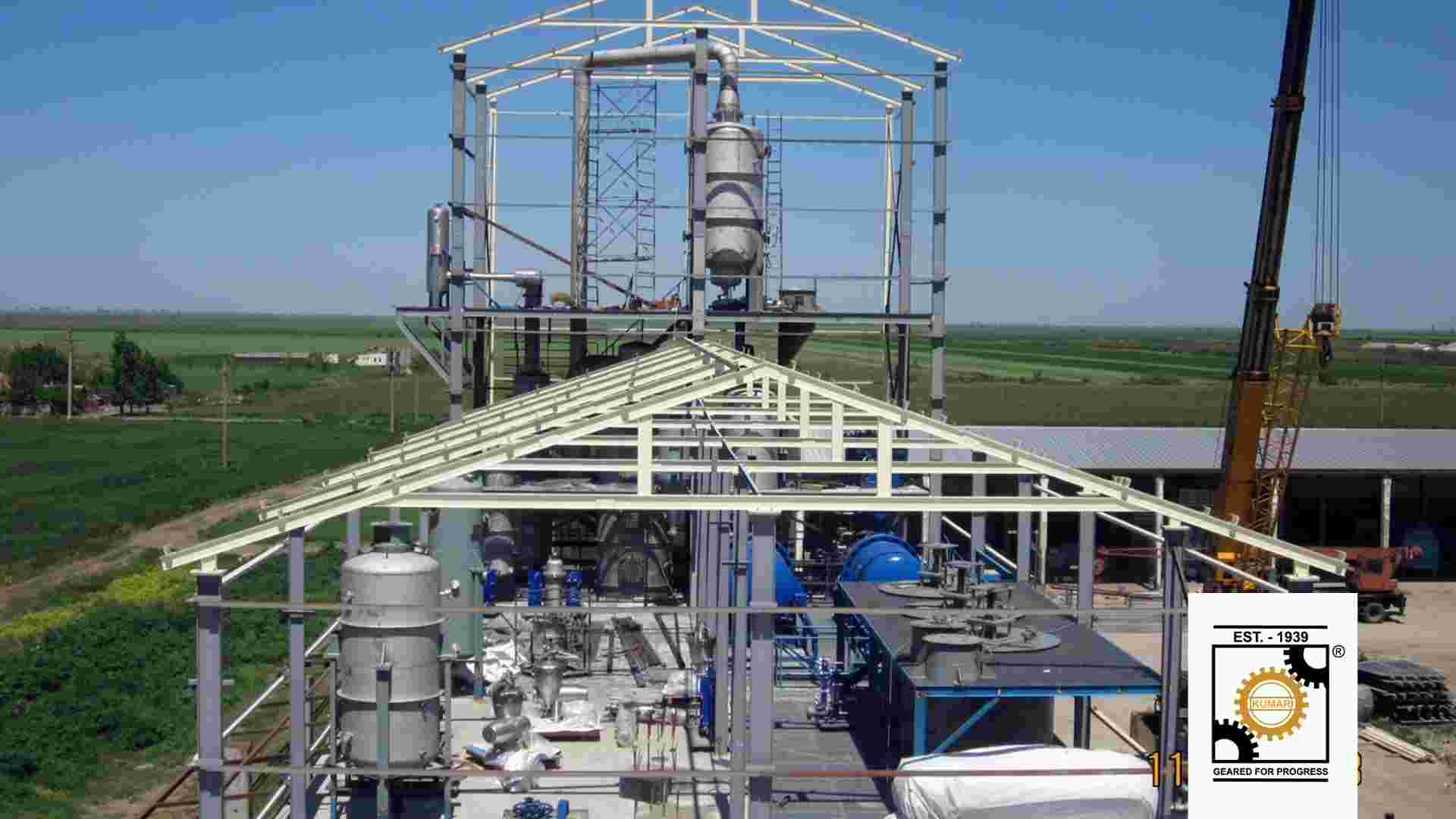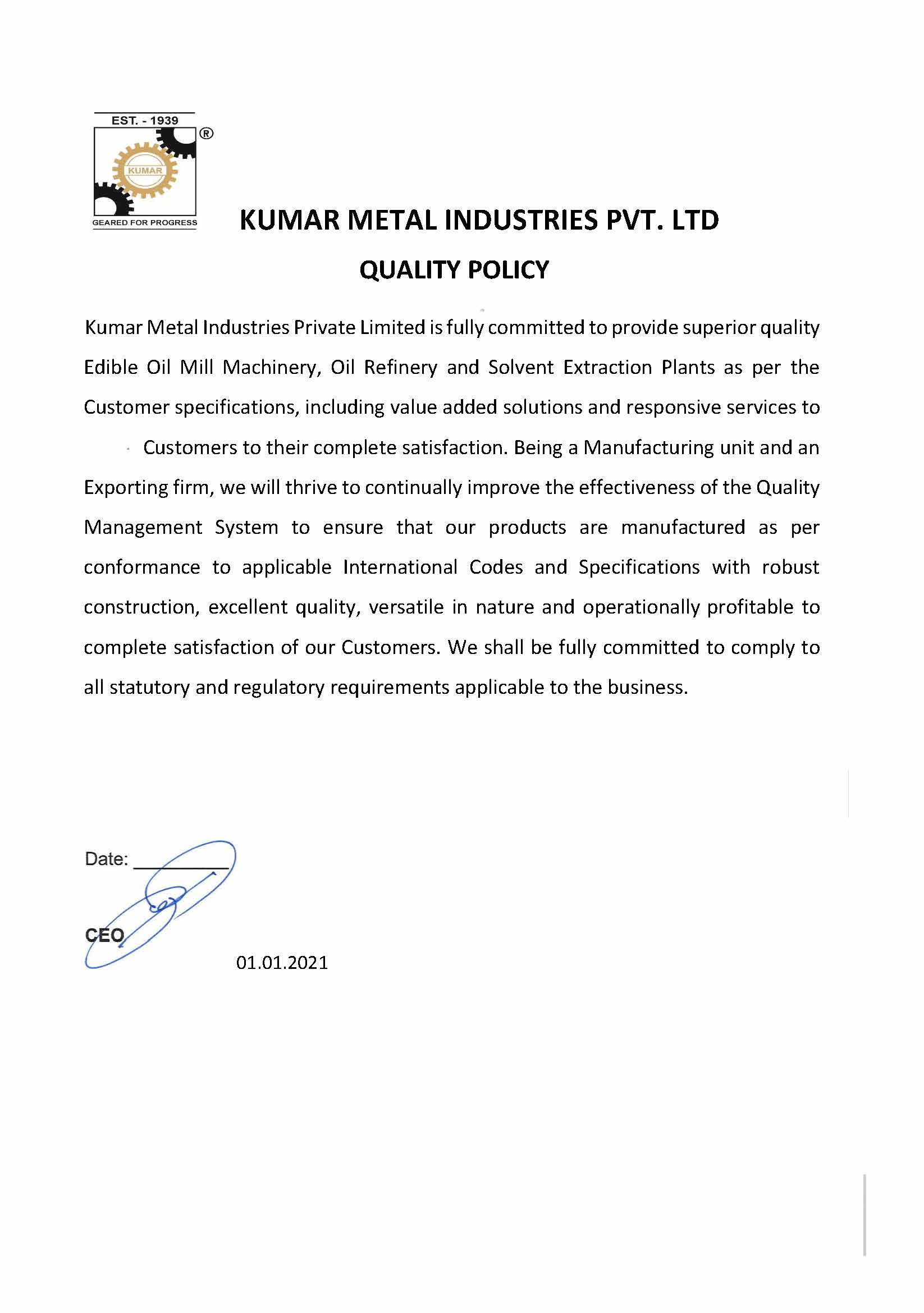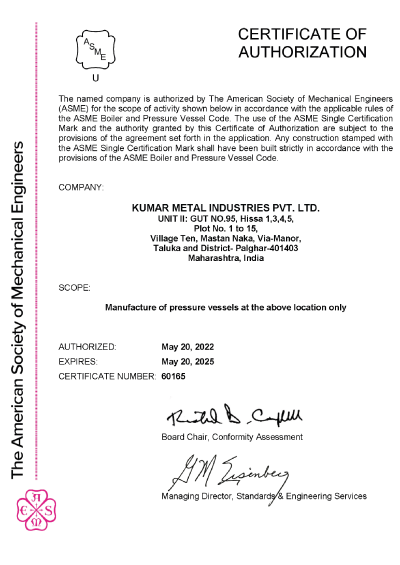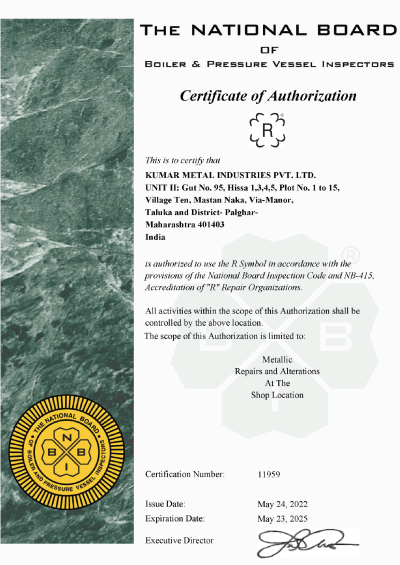
For as long as there are people alive, edible oil will continue to be in demand. Edible oils, commonly known as vegetable or cooking oils, are a rich source of dietary fats. Oils contain fatty acids essential to the smooth functioning of our bodies. They help our brain and nerves to function properly, improve digestion and help our bodies absorb vitamins and nutrients. Most of all, they amplify the taste, texture and flavour of our food.
If you found this post, you're very likely an aspiring entrepreneur seeking to set up an edible oil refining business. You have probably already researched the market, competitors, trends, and the demand for different kinds of oils in your geographical region or export market.
While research and competitor analysis help understand the opportunity, several operational factors must be considered before making a decision. We've put together a list of the 5 most critical considerations.
Is the edible oil business profitable?
The edible oil refining business is highly profitable and offers high returns with low risk. Profit margins depend on the easy availability and cost of raw materials and operating costs. Typically the edible oil business offers an initial return of 5 to 10%, with premium oils providing a higher return of around 25% of the revenue.
It also helps to invest in training your workforce to use the machines efficiently, so there is minimum waste. Take advantage of annual maintenance contracts offered by the equipment manufacturer, particularly in the early years when you are learning the business. Proper equipment maintenance will ensure fewer breakdowns and improve your bottom line.
What is the capital investment needed to start an edible oil business?
Your investment depends entirely on the plant's capacity, raw materials you plan to process, the process you opt for and the equipment you utilise for your process.
Production is calculated in tonnes per day or TPD. Edible oil refineries have capacities that start from as little as 3 TPD and go up to 5000 TPD.
If you are a startup, you might want to start with a batch-type refinery, also known as a mini or small-scale edible oil refining plant. It is perfect for small tonnage processing, is simple to operate and delivers a quick return on your investment. As you gain experience, you can reinvest your profits to gradually increase your scale of operations.
You can take advantage of subsidies your local government provides to small-scale entrepreneurs. For example, in India, the government offers various schemes for MSMEs (Medium and Small Scale Industries), making it easier for them to avail of financing.
Where should I set up my plant?
Your plant should be set up as close as possible to your crude oil source. Ideally, in an industrial zone that already has all the necessary infrastructure and utilities. Having access to a steady and continuous supply of electricity and water is critical to the continuous and smooth functioning of your plant. Secondly, permissions are simpler to obtain in designated industrial or economic zones. Another essential aspect to consider is proximity to transport hubs. Coastal areas are a popular location for oil refineries as they offer better cost advantages for crude oil imports and refined oil exports.
While you could set up your plant at any location close to the source of your crude oil, it will involve a number of additional steps, especially if you are converting agricultural land into non-agricultural land.
What licenses or permissions are required to set up an edible oil refining plant?
Licenses and permissions vary from country to country and region to region. Some are mandatory, and others optional. In addition, regulations change, so it's always best to check with national and local regulators in your country for current information on the licenses and permissions you will need.
In India, any food-related business, including edible oil refining, must have valid licenses issued by central government bodies - FSSAI and BIS to operate.
State government licences mandatory also apply for everything from pollution control to labour.
What are the raw materials used?
Raw materials tend to vary by geography, consumption patterns and market demand. Therefore, it is best to choose oil seeds that can be sourced easily and are least likely constrained by logistical bottlenecks. The most consumed oils globally include soybean, sunflower, mustard, palm, corn, coconut, rice bran, castor, sesame, and shea. In India, soybean, groundnut, rapeseed/mustard, castor seed, coconut and sunflower oils are the most produced oils.
India for example imports a significant quantity of edible oil to meet domestic consumption needs. Crude oil refining even at small capacities is therefore a good bet for any new investor.
How much land do I need to set up the refinery?
Plant capacities range from 3 tonnes to 5000 tonnes per day. Plants are of two types - batch and continuous. Batch refining is ideal for capacities up to 30 tonnes, while continuous refining is recommended for anything higher.
Batch refineries utilise less space than continuous refineries, but utility consumption tends to be significantly higher.
A plant with a capacity of 30 tonnes per day needs about 2 acres of land to accommodate the processing plant and utilities. Higher capacities will require more extensive areas of land.
You might find these interesting:
A simple guide to edible oil refining
Learn everything about batch refining of oils
Why it is imperative to innovate in the edible oils processing industry
In any business operation, it often boils down to who you choose to support you on your entrepreneurial journey. If you are looking for a technology partner that will go beyond selling you equipment to guide you through the process, you can depend on Kumar. Please use the form below to request a callback.
"*" indicates required fields




















Waiting to partner with you in building refinery, solvent,frascination plant
30 t0 50 tpd 0il refinare